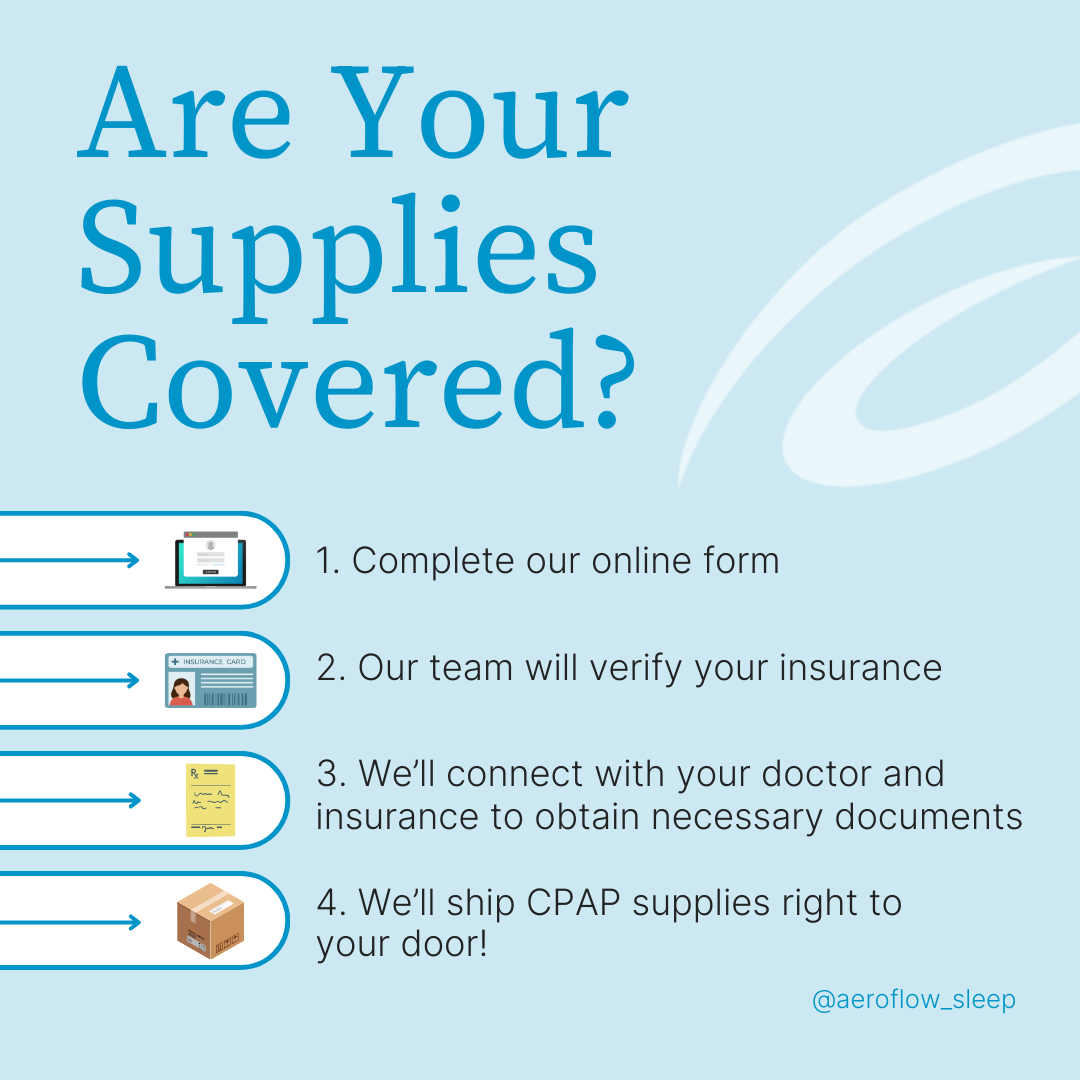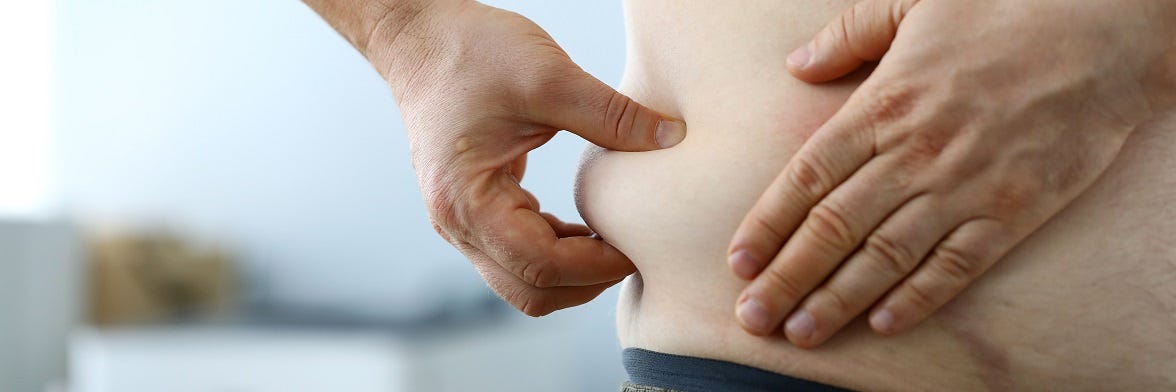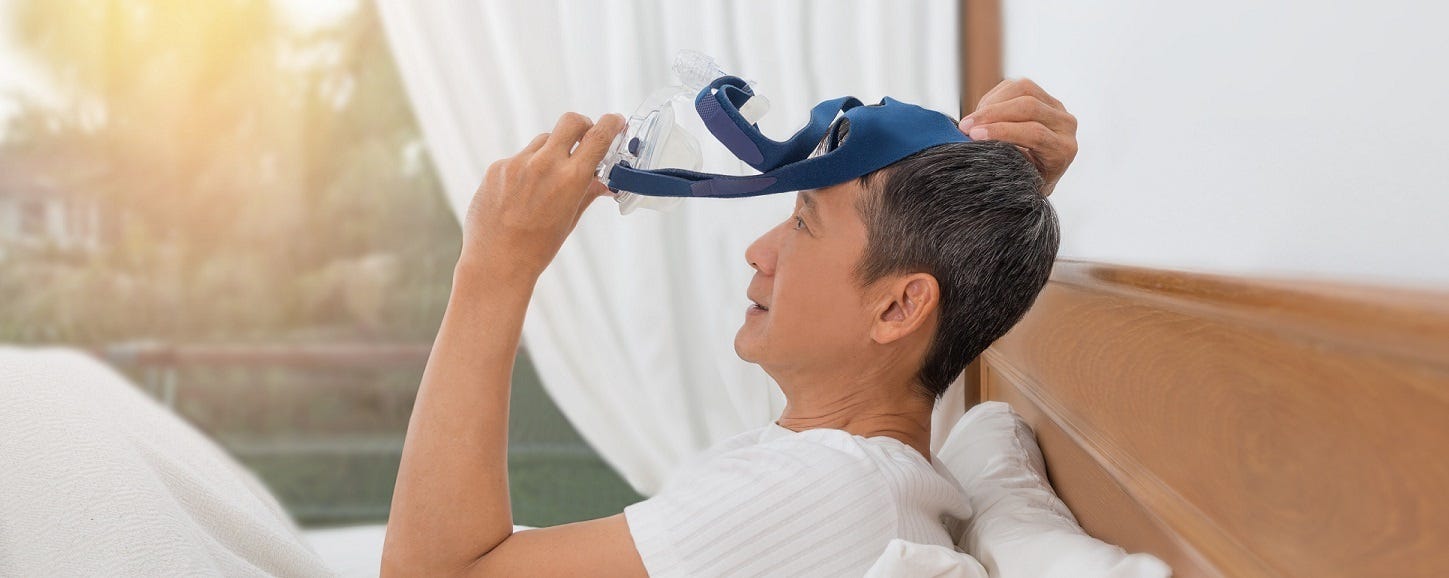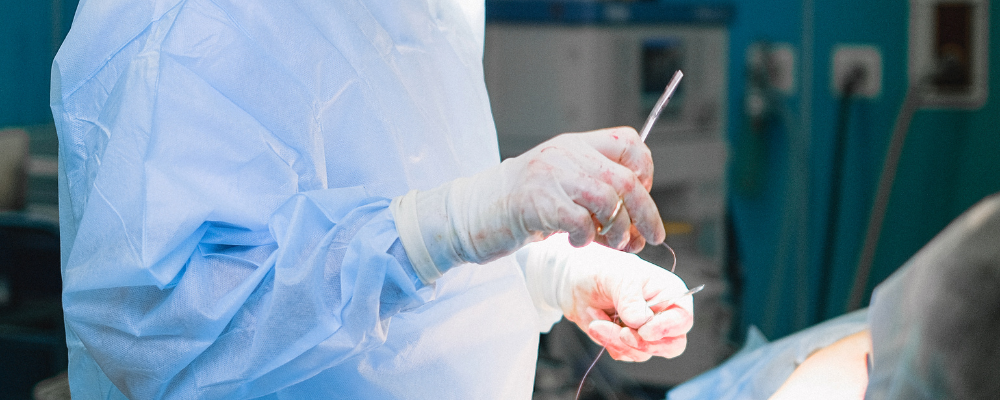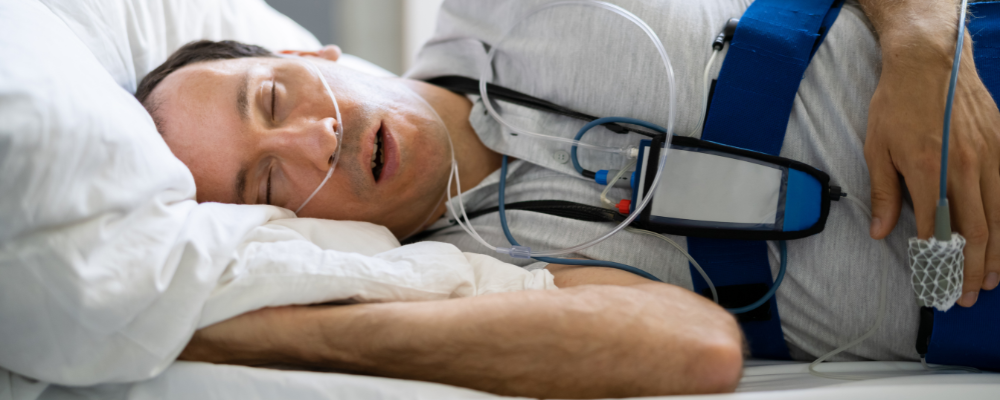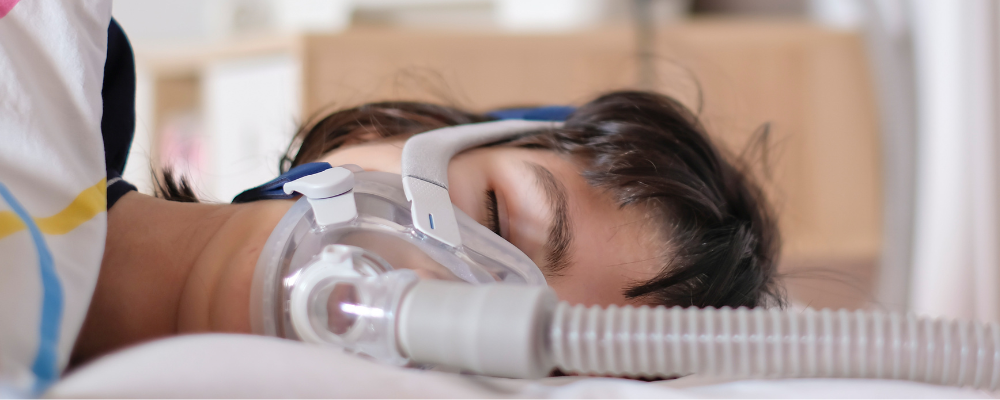If you find yourself sawing logs while sleeping, you’re not alone; an estimated 45% of adults snore at least occasionally. Most of the time, snoring is harmless. That is, it’s harmless to everything except your bed partner’s sleep quality. But, it can also be a sign of a dangerous sleep disorder called Obstructive Sleep Apnea (OSA). So, how do you know if you have sleep apnea or just a snoring problem? Read on to learn about the connection between the two, as explained by Aeroflow Sleep’s Science Advisor, Dr. Carleara Weiss, as well as helpful tips for how to deal with both.
What Are The Symptoms Of Sleep Apnea?
Not all snorers will have sleep apnea, so let’s make it clear that having that one symptom is not enough to say you have sleep apnea. However, you may be able to tell if you have sleep apnea if you have one or more of these common symptoms:
- Excessive daytime sleepiness
- Difficulty concentrating
- Waking up with a sore throat or dry mouth
- Waking up to a morning headache
- Gasping or choking during the night
Only a sleep study can truly diagnose Obstructive Sleep Apnea though. A sleep apnea test, or sleep study, can be performed in your home or in a sleep center and looks at how many times you stop breathing during sleep. This is measured on the Apnea-Hypopnea Index (AHI,) and the number of pauses within an hour determines severity.
A sleep study can also determine which type of sleep apnea you may have. Obstructive sleep apnea (OSA) is the most common, but there are other types of sleep apnea: central sleep apnea (CSA) and mixed sleep apnea. These are less common and less likely to present signs of sleep apnea that include snoring, so we’ll focus specifically on OSA for the purpose of this blog.
OSA is a serious sleep disorder that is associated with high blood pressure, heart disease, hypertension, and an increased risk of heart attack and stroke. Having any one of these medical conditions is also another way you may explore the possibility of having sleep apnea, because these are all comorbid conditions of the sleep disorder. Ask your primary healthcare provider for clarity if you have signs of sleep apnea.
Can You Have Sleep Apnea Without Snoring?
Yes, it's possible to have sleep apnea without snoring. Sleep apnea is a sleep disorder characterized by pauses in breathing or periods of shallow breathing during sleep. The two main types are Obstructive Sleep Apnea (OSA) and Central Sleep Apnea (CSA). OSA occurs when the muscles at the back of the throat fail to keep the airway open, despite efforts to breathe. Although snoring is a common symptom of OSA, not everyone who has OSA snores. In some cases, the airway obstruction may not produce the vibrations that cause snoring. Factors such as the specific location and degree of the airway blockage, as well as body type differences, influence whether snoring occurs.
CSA is caused by a neurological condition where the brain doesn't send the right signals to the muscles which control breathing. Since CSA doesn't involve the physical blockage of airways, it typically does not result in snoring.
As mentioned previously, symptoms of sleep apnea but no snoring can include excessive daytime sleepiness, abrupt awakenings with shortness of breath, morning headaches, difficulty sleeping (insomnia), and problems concentrating during the day. Diagnosis typically involves a sleep study, and treatment options can include lifestyle changes, CPAP therapy, and, in some cases, surgery. Early detection and management of sleep apnea are crucial to avoid complications such as cardiovascular disease and daytime fatigue.
Does Snoring Intensity Correlate With The Severity Of Sleep Apnea?
The intensity of the sound itself does not correlate with the severity of the sleep apnea, unless another symptom is present: excessive daytime sleepiness. Researchers found, “Subjective sleepiness was better explained by snoring intensity than by AHI…snoring intensity and AHI together could explain the [15%] variance.
“Furthermore, a multivariate model…, which included snoring intensity, desaturation severity, daily sleep time, and subjective snoring frequency and nasal obstruction symptom as independent variables, explained 22% of the variance.”
In summary, it is the combination of symptoms, especially excessive daytime sleepiness, that inevitably play a role in sleep apnea severity.
This doesn’t change that loud snoring is often one of the first recognizable symptoms of sleep apnea, because it still is one of the most noticeable. With OSA, any snoring accompanied by pauses in breathing that last up to 10 seconds or longer are concerning. These pauses are typically caused when the soft tissues of the upper airway lose muscle tone and collapse, so your throat muscles literally obstruct the flow of air.
Our very own Dr. Carleara Weiss advises, “While snoring alone is not necessarily a problem, the combo of snoring and pauses in breathing is a red flag.” Once again, talk to your doctor about your snoring if you or your bed partner believe it to be serious.
Do I Need A CPAP If I Snore?
No, you do not absolutely need a CPAP if you snore. If your snoring is not connected to sleep apnea, you may be able to treat it with some self-care or some lifestyle changes:
- Adjust sleeping positions. When you sleep on your back or stomach, your airways are fighting gravity. Sleeping on your side may be enough to correct snoring. It’s also the best sleeping position for sleep apnea patients if you do have OSA.
- Try nasal strips or sprays. Nasal strips adhere to your skin like a bandaid and assist in keeping your nasal passages open. If allergies or nasal congestion are the cause of your snoring, you may also try a saline or prescription nasal spray.
- Avoid alcohol before bed. If you’re serious about stopping your snoring, skip the spirits entirely. If you can’t do that, remember to stop drinking within four hours of going to bed.
- Eat well and exercise. Obesity puts people at higher risk for OSA. When people are obese, they have narrow airways, so losing weight may be enough to reduce the likelihood or even cure snoring altogether. Set attainable weight loss goals by exercising and eating well.
If these changes don’t help, it may be that your snoring is caused by your anatomy. In this case, the way you treat it will depend on the affected body part. If, for example, your snoring is caused by your tongue, your doctor may recommend an oral appliance; like a tongue retainer or mouthpiece that advances your lower jaw. Or, if your snoring is caused by enlarged tonsils or adenoids, your doctor may recommend surgery to remove the obstruction.
If your snoring is actually caused by Obstructive Sleep Apnea, you will need a more effective treatment. Your doctor will most likely prescribe a CPAP machine. CPAP, or continuous positive airway pressure, uses a stream of pressurized air to gently keep your airways open during sleep. CPAP therapy is considered the most effective, non-invasive treatment for OSA and may even help mitigate other health conditions; such as type 2 diabetes and cardiovascular disease.
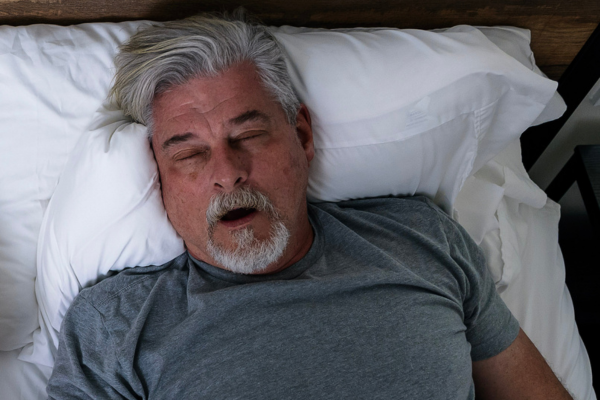

How Do I Know If I Have Sleep Apnea Or Just Snoring?
At the end of the day, snoring is just the vibration caused when some part of your upper airway partially blocks your airflow. That blockage can happen anywhere—from the back of the throat, to your soft palate or uvula, all the way to your nose—and can be caused by allergies, nasal congestion, sinus infection, or even just the natural shape of your body; such as large tonsils. Getting older or gaining weight can also contribute to snoring.
You’ll only know if you have sleep apnea or just snoring by seeking a diagnosis. Remember, that mostly likely means a sleep study. The good news is that insurance may now accept an at-home sleep study, which is way more convenient and comfortable.
If you are prescribed a CPAP machine, Aeroflow Sleep can help! We’ll handle the insurance paperwork for you, and we’ll manage your sleep medicine by replacing your CPAP supplies regularly. It’s easy to get CPAP through insurance, so let’s make it possible together, because neither snoring nor sleep apnea should stop you from getting a good night’s sleep!
References
“Why Do People Snore? Answers for Better Health.” Health, Johns Hopkins Medicine, 8 Aug. 2021, www.hopkinsmedicine.org/health/wellness-and-prevention/why-do-people-snore-answers-for-better-health#:~:text=An%20estimated%2045%20percent%20of,seem%20to%20worsen%20with%20age.
Reckley LK, Fernandez-Salvador C, Camacho M. The effect of tonsillectomy on obstructive sleep apnea: an overview of systematic reviews. Nat Sci Sleep. 2018 Apr 4;10:105-110. doi: 10.2147/NSS.S127816. PMID: 29670412; PMCID: PMC5894651.



